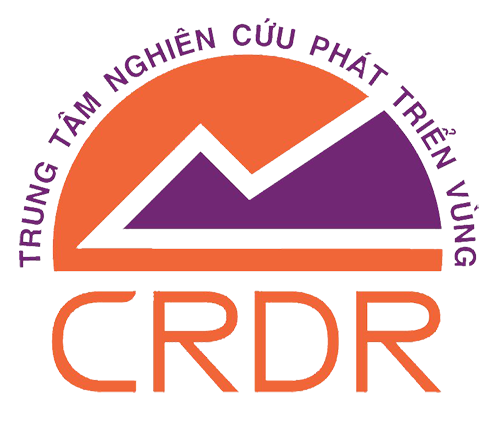When it comes to legal matters, understanding the terminology and agreements involved is crucial. From contracts to real estate deals, knowing the legal terms can help you navigate through various situations. In this article, we will discuss different agreements between parties and their significance in different contexts.
1. Oral Agreement in Contract
An oral agreement in contract refers to an agreement between parties that is not in writing. While written contracts are generally preferred and legally enforceable, oral agreements can also hold legal weight depending on the jurisdiction and the circumstances surrounding the agreement.
2. Unilateral Agreement in Real Estate
In the realm of real estate, a unilateral agreement refers to a contract where one party makes a promise in exchange for the performance of an act by the other party. This type of agreement is often seen in options contracts, where a seller grants a buyer the right to purchase a property at a predetermined price within a specified period.
3. Contract Law in Marketing
When it comes to marketing, it is essential to define contract law to ensure compliance and protect the interests of all parties involved. Contract law in marketing governs the agreements between businesses and consumers, outlining the terms and conditions of a transaction, including pricing, delivery, warranties, and intellectual property rights.
4. Escrow Agreement in New York
In real estate transactions, an escrow agreement is often used to protect the interests of both the buyer and seller. This agreement involves a neutral third party, usually an escrow agent, who holds funds or documents until certain conditions specified in the agreement are met. This ensures a secure and transparent transaction process.
5. Institution Agreement in Deutsch
An institution agreement is a legally binding contract between entities or organizations in Germany. This type of agreement outlines the terms and conditions of their mutual relationship, including rights, obligations, and expectations. It serves as a framework for cooperation and collaboration, ensuring clarity and accountability.
6. Standard Agreement for the Sale of Real Estate in Pennsylvania 2020
The standard agreement for the sale of real estate in Pennsylvania 2020 is a pre-drafted contract that outlines the terms and conditions for buying or selling a property in Pennsylvania. This standardized agreement ensures consistency and clarity in real estate transactions, protecting the rights and interests of both buyers and sellers.
7. Exclusive Jurisdiction Clause in Employment Contract
In employment contracts, an exclusive jurisdiction clause determines the specific jurisdiction or court where any disputes arising from the contract will be heard. This clause helps avoid jurisdictional conflicts and ensures that all parties involved are aware of the legal framework within which any potential disagreements will be resolved.
8. Need for a Lawyer in Settlement Agreement
When entering into a settlement agreement, it is crucial to consider whether you need a lawyer to protect your interests. While not always mandatory, having a lawyer review and advise on the terms of the agreement can help ensure that your rights are properly represented and that the agreement is fair and legally binding.
9. Collective Agreement for Senior Medical and Dental Officers
The collective agreement for senior medical and dental officers outlines the rights, obligations, and terms of employment for these professionals working collectively. This agreement ensures fair and consistent treatment across the board and addresses various aspects such as working hours, remuneration, and benefits.
Understanding the different types of agreements and the legal terminology involved is essential to navigate through various legal situations. Whether you are involved in real estate transactions, employment contracts, or marketing agreements, having a clear understanding of the terms used can help protect your interests and ensure a smooth process.
